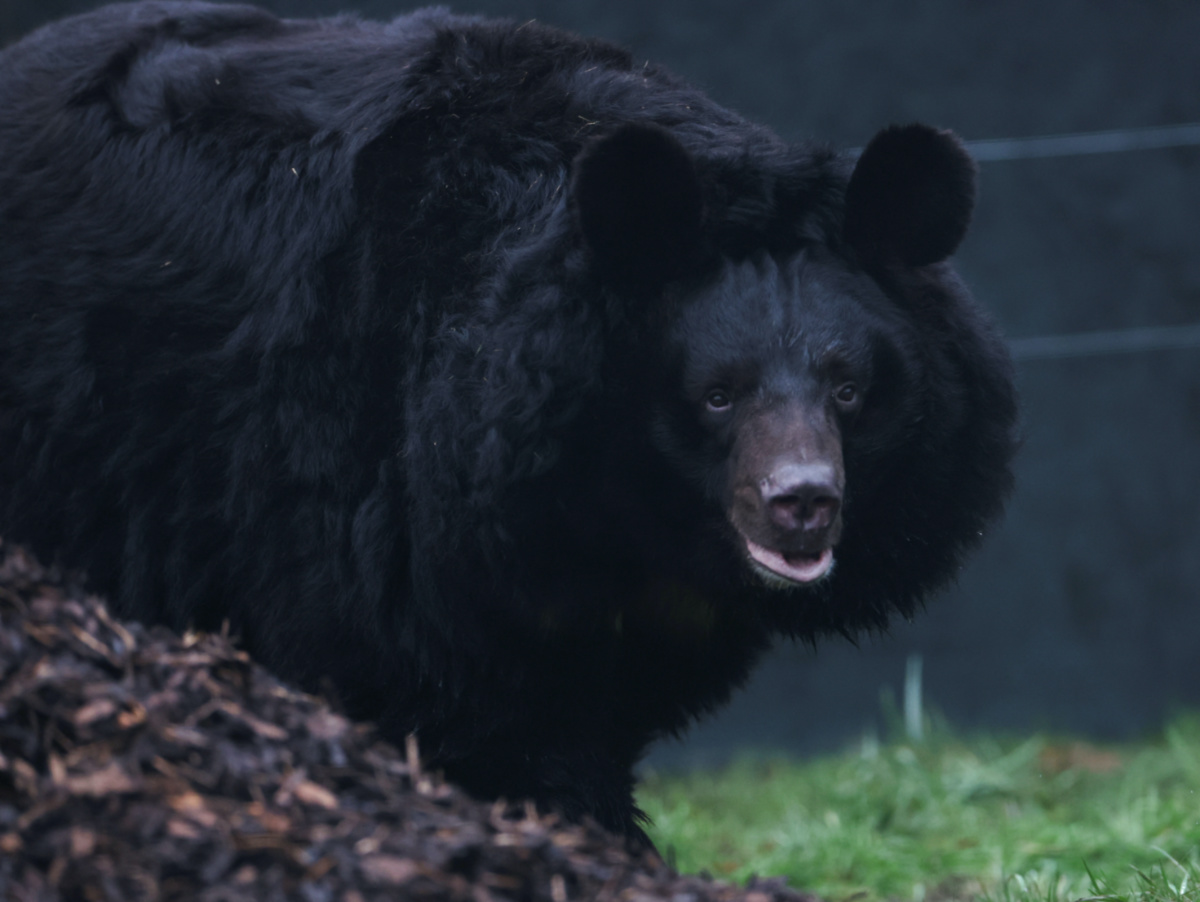
DAVID ADAMS provides a round-up of some stories on the odder side of life…
{captionwrapper}

The dog, Bobi, that broke the record for oldest dog ever at 30 years-old, is pictured at Conqueiros, in Leiria, Portugal, on 4th February, 2023. PICTURE: Reuters/Catarina Demony/File photo
{/captionwrapper}
• Guinness World Records said on Tuesday it was conducting a formal review of the “world’s oldest dog” title it gave to a Portuguese dog named Bobi who died last year. The move follows complaints by veterinarians who raised doubts over his age. Bobi was a purebred Rafeiro Alentejano who spent his life in a village in central Portugal. GWR originally said the creature lived for 31 years and 165 days, breaking a record held since 1939 by an Australian cattle-dog that died at 29 years and five months. Bobi, who died in October last year, was declared the world’s oldest dog in February. Bobi’s breed, traditionally used as sheepdogs, has a normal life expectancy of 12-14 years. A spokesperson for GWR said the review into Bobi’s record was ongoing and it included looking over evidence again, seeking new evidence, reaching out to experts and those linked to the original application. “While our review is ongoing, we have decided to temporarily pause applications on both the record titles for oldest dog living and (oldest dog) ever until all of our findings are in place and have been communicated,” the spokesperson said. Bobi’s owner, Leonel Costa, said in a statement on Tuesday that after his dog’s death, “an elite within the veterinary world…tried to give people the idea that Bobi’s life story was not true.” According to Costa, some veterinarians were upset because he attributed Bobi’s longevity to factors including a steady diet of “human food” rather than pet food, which he said was often recommended by those in the sector. “Everything would be different if we had said he [Bobi] ate pet food for three decades,” Costa said, adding that all requirements requested by the GWR were met. Costa said GWR has not reached out to him. No action has yet been taken regarding any record holders, GWR said. It added that any action would be determined by the review’s outcome. Prior to his death, Bobi still loved walks but had become less adventurous, Costa previously told Reuters. His fur was thinning, his eyesight had worsened and he needed to rest more than in earlier years. – CATARINA DEMONY, Lisbon, Portigal/Reuters
{captionwrapper}

Athletes take part in a Siberian marathon at very low temperatures in Oymyakon, Yakutia, Russia, on 12th January, 2024 in this still image taken from video. PICTURE: Reuters TV via Reuters.
{/captionwrapper}
• A group of hardy Russians took part on Friday in one of the world’s most extreme running contests – a marathon held at -52 degrees Celsius. Runners underwent medical checks before the start of the event in Oymyakon, a settlement in Siberia, and were provided with broth, hot tea and snacks at refreshment points along the route. Wrapped up from head to foot against the cold, a total of 38 people competed in the marathon and half-marathon events, local media said. Alisa Matveeva, who ran the half-marathon, said the experience was “very scary” as the lowest temperature she had previously trained in was -20 degrees in Moscow. “It was hard to run for the first 10 km. Then it was easier, because you already understand how to breathe, you remember that you need to remove the ice from your eyes, because your eyes get covered with it,” she told reporters. “I’m really glad that I wore a thermal mask and heated insoles, it really just saved me.” –
{captionwrapper}

Yampil, a 12-year-old Asiatic black bear, that was rescued from a zoo in Donetsk, Ukraine explores his new surroundings on his first day in his new home at the Five Sisters Zoo near Edinburgh, Scotland, Britain, on 12th January, 2024. PICTURE: Reuters/Russell Cheyne
{/captionwrapper}
• An Asiatic black bear which was found in an abandoned zoo in eastern Ukraine five months after Russia’s invasion in 2022, arrived at his new permanent home in Scotland on Friday. Yampil, named after the village in the Donetsk region where he was found, was one of only a few out of 200 animals at the zoo to survive. After being rescued, he was cared for by a Belgian charity before his more than 12-hour journey to Five Sisters Zoo, around 32 kilometres west of Edinburgh. “When the volunteers found Yampil, a shell had not long exploded near his cage, and he was concussed. He was in terrible condition; five more days and they wouldn’t have been able to save him,” Brian Curran, owner of Five Sisters Zoo, said. “We have the best team on hand to care for him and help make this transition as peaceful and calm for him as possible.” Yampil will be housed in a temporary enclosure while the zoo, which has previously re-homed bears from travelling circuses, fundraises for his new permanent enclosure. – KYLIE MACLELLAN, London, UK/Reuters






